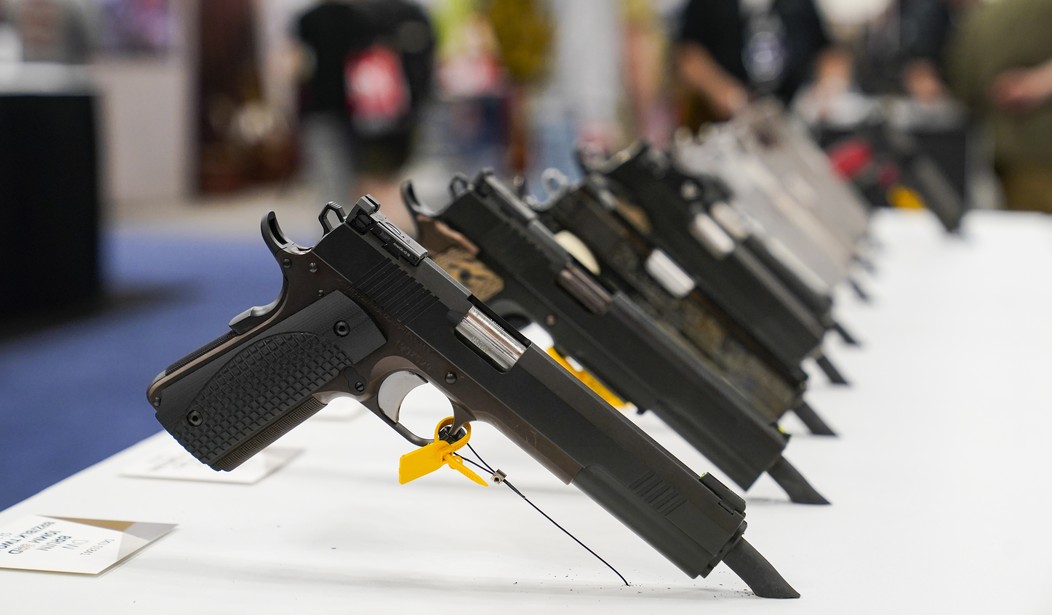I'm not a big fan of people demonizing the mentally ill as a bulk group. We can talk about legitimate issues involving it, including acknowledging that some mental illnesses can make people dangerous, without being jackwagons about it.
So I take issue with bills like the one in New Hampshire that would basically prohibit anyone who was ever committed to a mental health facility--not all commitments indicate the person is a continuing risk to the public--from owning firearms.
And in defending the right to keep and bear arms, one group used the wrong language to defend the right thing.
Pro-gun rights groups have made a Second Amendment argument against a New Hampshire bill that would stop gun sales to individuals whom a court had found dangerous enough to require commitment to a psychiatric hospital. One speaker warned a House committee at a public hearing last month against limiting the “God-given” right to own a gun.
The New Hampshire Firearms Coalition is reaching out to voters with another argument that mental health advocates – and the bill’s Republican sponsor – say is derogatory: It argues that it is “crazy” and “insane” to address public safety concerns by adding individuals hospitalized in limited circumstances to a do-not-sell list, as House Bill 1711 would.
...
The gun rights coalition instead argues that people hospitalized due to mental illness and dangerousness should be detained in the hospital until they are well. Upon release, it says, they should not be kept from buying a gun.
“If these people are so violent that they need to be disarmed, why are they released at all?” reads the flyer, which was sent to some House Republicans and their constituents. On the opposite side, it says: “Crazy is as crazy does.”
Rep. Terry Roy, a Deerfield Republican who co-sponsored HB 1711 with House Democratic Rep. David Meuse of Portsmouth, received the flyer, as did his constituents.
“It was insulting,” said Roy. “It was demeaning to anyone who has a mental illness, which a large portion of our population will at some point.” An estimated 1 in 5 people experiences a mental illness each year. Roy said that once he explained the bill to the couple of constituents who called him, “they were happy.”
Now, a couple of points for clarity. The bill states that for someone to be placed on the prohibited list, their commitment has to conform to 18 U.S.C 922 (g)(4). Per the ATF, that includes all involuntary commitments. In other words, this isn't putting new people on the prohibited list that wouldn't be on there under federal law.
So now, the bill isn't as bad as many people fear or as bad as I thought it would be.
That's the good news.
However, while I'm less than pleased by "Crazy is as crazy does," the overall point of people being held until they are well enough to be trusted by society isn't a novel concept but one I actually tend to agree with.
I'm not going to language police here, but I do think it was a poor choice of words and if those had been left off, we could really get into the nitty-gritty of the debate we need to have, which is whether or not people who have been treated and declared perfectly safe to return to society should continue to be treated as if they're a danger. I think the "Crazy is as crazy does" bit just serves to be a huge distraction.
For me, this goes beyond just mental illness but also should include felons. If they're a danger, they shouldn't be walking around free.
Yes, this bill may rely on federal definitions and US Code, but that doesn't make what's happening at that level remotely right.








Join the conversation as a VIP Member